

FG approves Adelabu's 'Living Document' for Power Sector Transformation
By emmanuel MALAGU
 Minister of Power, Adebayo Adelabu at the FEC Meeting in Abuja on Monday
Minister of Power, Adebayo Adelabu at the FEC Meeting in Abuja on Monday
The Federal Government has officially ratified and adopted a comprehensive Roadmap for the Nigerian Electricity Supply Industry (NESI) through the Approval of the National Integrated Electricity Policy (NIEP).
Bolaji Tunji, Special Adviser on Strategic Communications and Media Relations to the Minister of Power, disclosed this in a Statement issued in Abuja.
Tunji said the Policy, prepared since December 2024 and submitted to President Bola Tinubu, received Formal Approval during Monday’s Federal Executive Council Meeting.
He explained that the NIEP was a Holistic Framework designed to align Nigeria’s Electricity Sector with National Development Goals and International Best Practices, in line with Section 3(3) of the Revised Electricity Act, 2023.
Quoting the Minister of Power, Adebayo Adelabu, Tunji noted that the Policy Implementation had already begun and would now gain traction following Presidential ratification, with its impact expected to be felt across the Power Sector soon.
According to Adelabu, the Electricity Act, 2023, mandates the Federal Government. through the Ministry of Power, to initiate and publish an Integrated National Electricity Policy and Strategic Implementation Plan within one year of the Act’s commencement.
“This Roadmap addresses Critical Challenges in Nigeria’s Electricity Sector through a Comprehensive Framework that provides clear Guidelines for Sustainable Power Generation, Transmission, and Distribution,” Adelabu said.
He added that “the Policy also prioritises Renewable Energy Integration, Energy Efficiency, and Improved Governance of the Power Sector.”
Describing the Passage of the Electricity Act, 2023, as a pivotal moment, Adelabu noted that it marked the beginning of Transformative Change within NESI, laying the Foundation for exponential Socio-Economic Development.
“This NIEP is a detailed Roadmap that will guide all Stakeholders, Federal and State Governments, Market Participants, Investors, and Citizens, through this period of Energy transition.”
Adelabu said the Policy was developed through Collaborative Efforts with Stakeholders across the Public and Private Sectors, including Civil Society Organisations, Academia, Industry Leaders, Donor Agencies, Development Partners, and Consumer Advocacy Groups.
“The NIEP addresses Long-Standing Issues such as Infrastructure Deficits, inadequate Capital Investment, and Regulatory Bottlenecks.
“It replaces the outdated National Electric Power Policy of 2001, which has long outlived its relevance.”
He added that” the Policy supports the Growth of State Electricity Markets, and encourages a decentralised but coordinated Approach to Electricity Management and Resource Planning.”
Adelabu, who called it a “Living Document,” noted that the NIEP would evolve in response to the dynamic Needs of the Industry while promoting Innovation, Collaboration, and Consumer Protection.
‘The Policy is structured across Eight Chapters which comprehensively address the Historical Perspective of the Nigeria Electricity Sector, Focus on Key Features of the Electricity Act 2023, Nigeria’s Electricity Policy Objectives.
”Electricity Market Design, Value Chain Analysis, Stakeholders Roles and Responsibilities, Climate Change and Low Carbon Economy Initiatives, Gender Equality and Social Inclusion.
”Local Content Development including Research and Development, Commercial, Legal and Regulatory Frameworks,” he said.

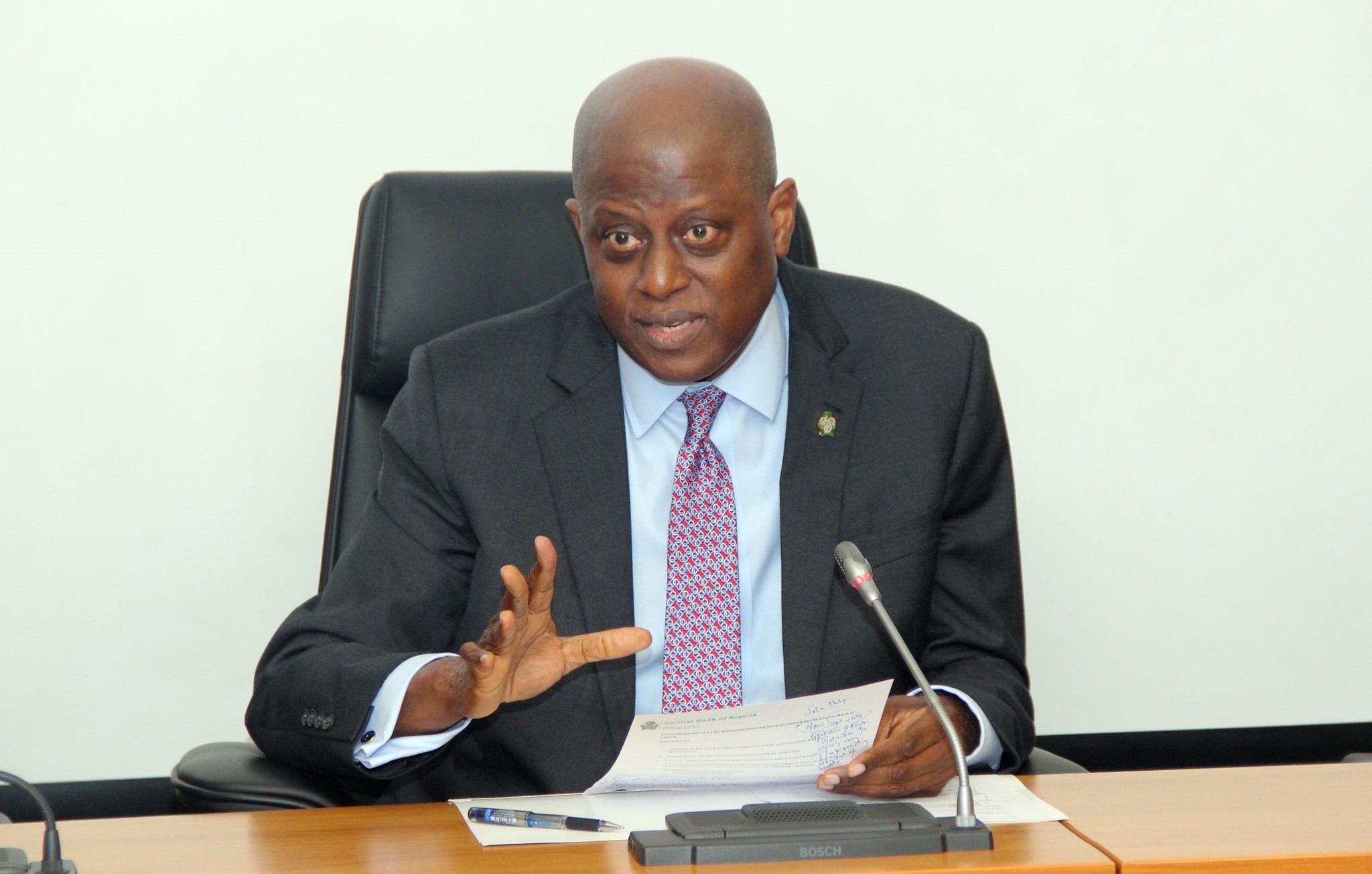
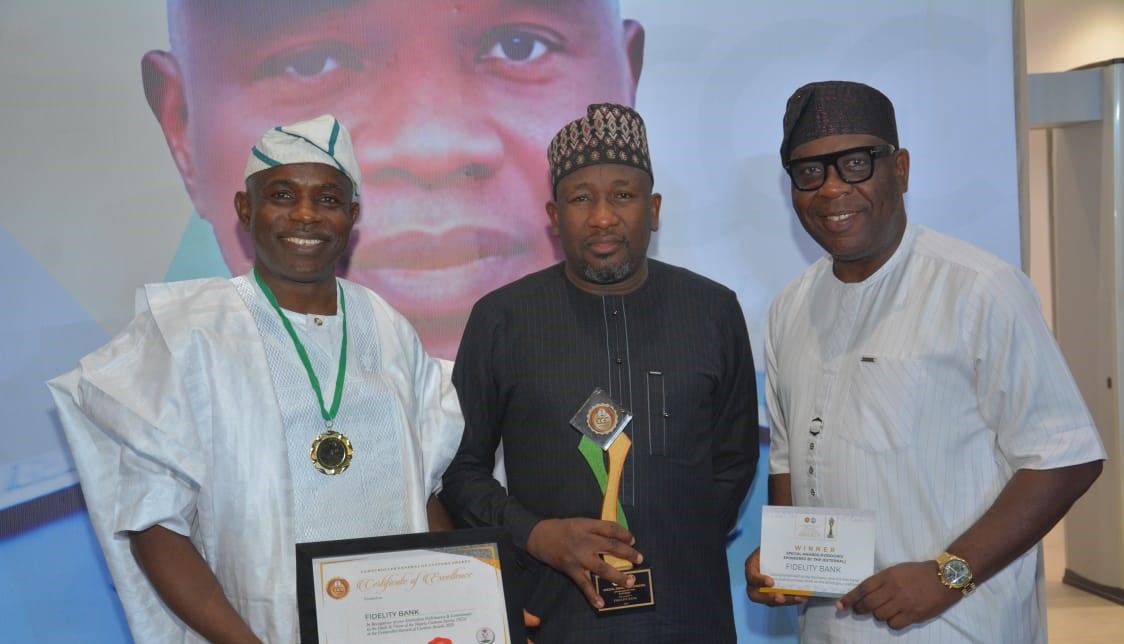
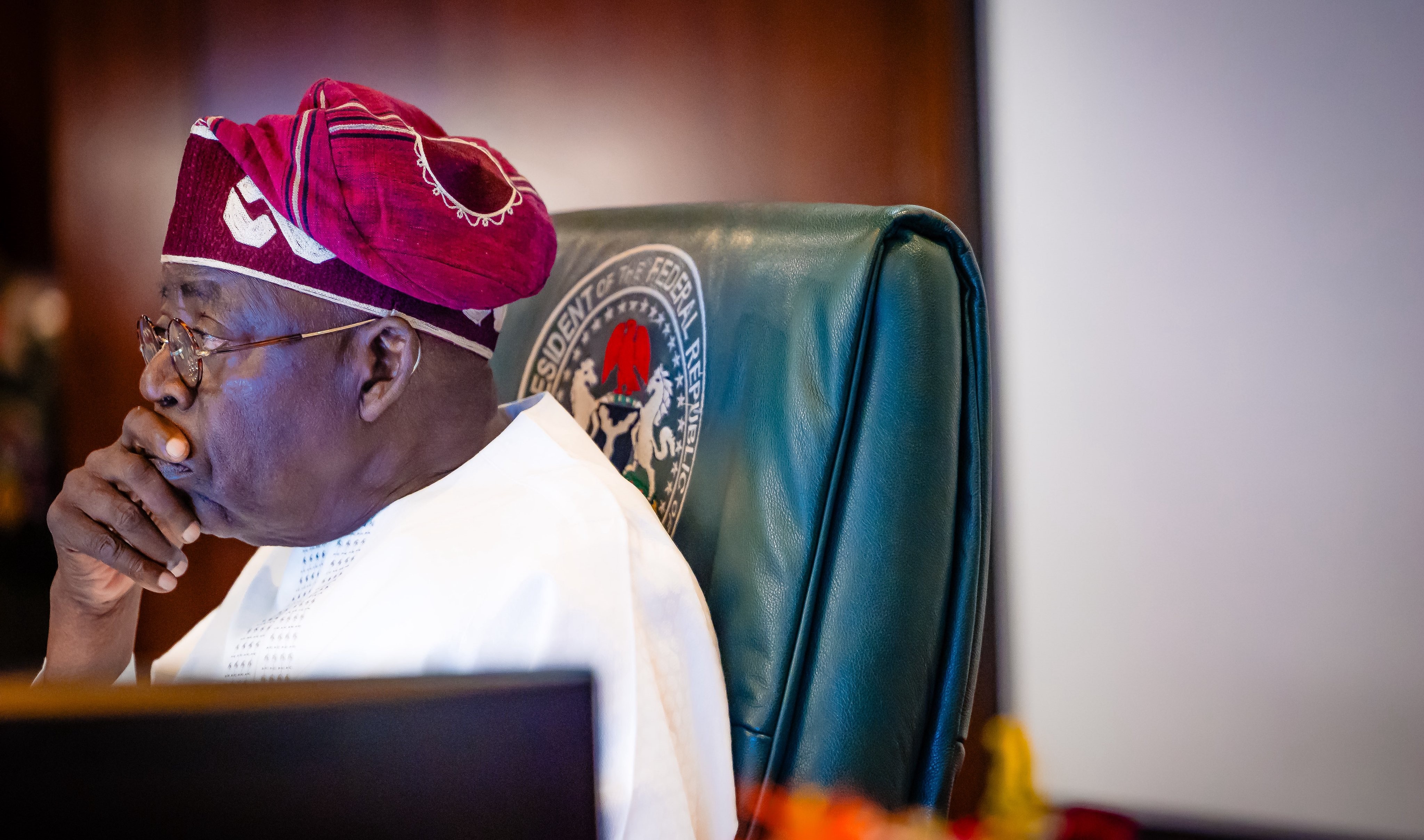



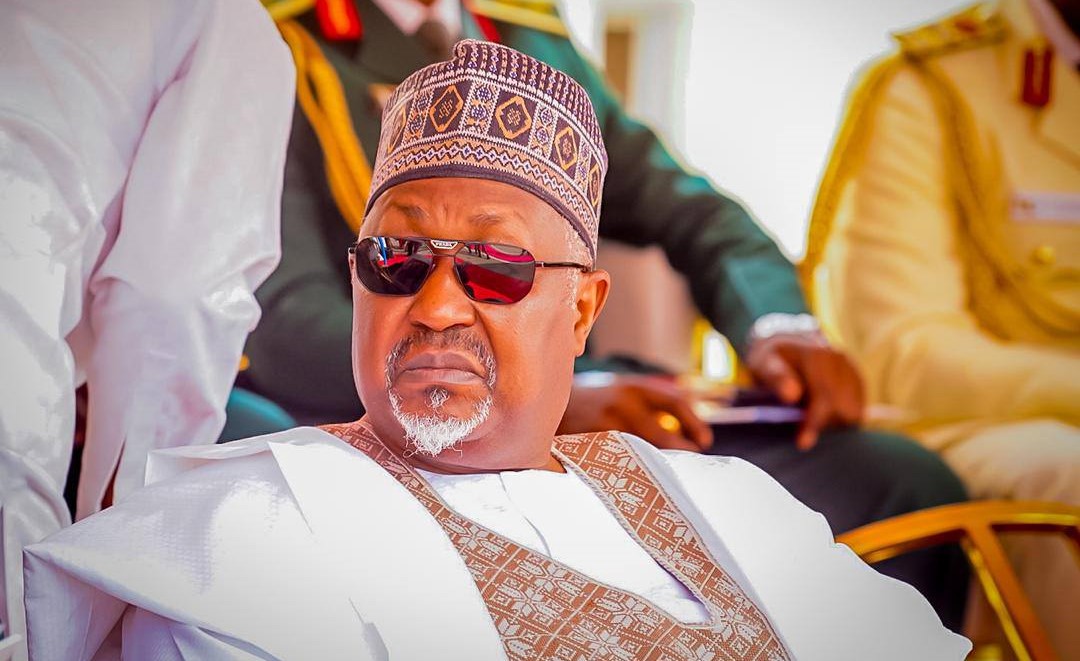

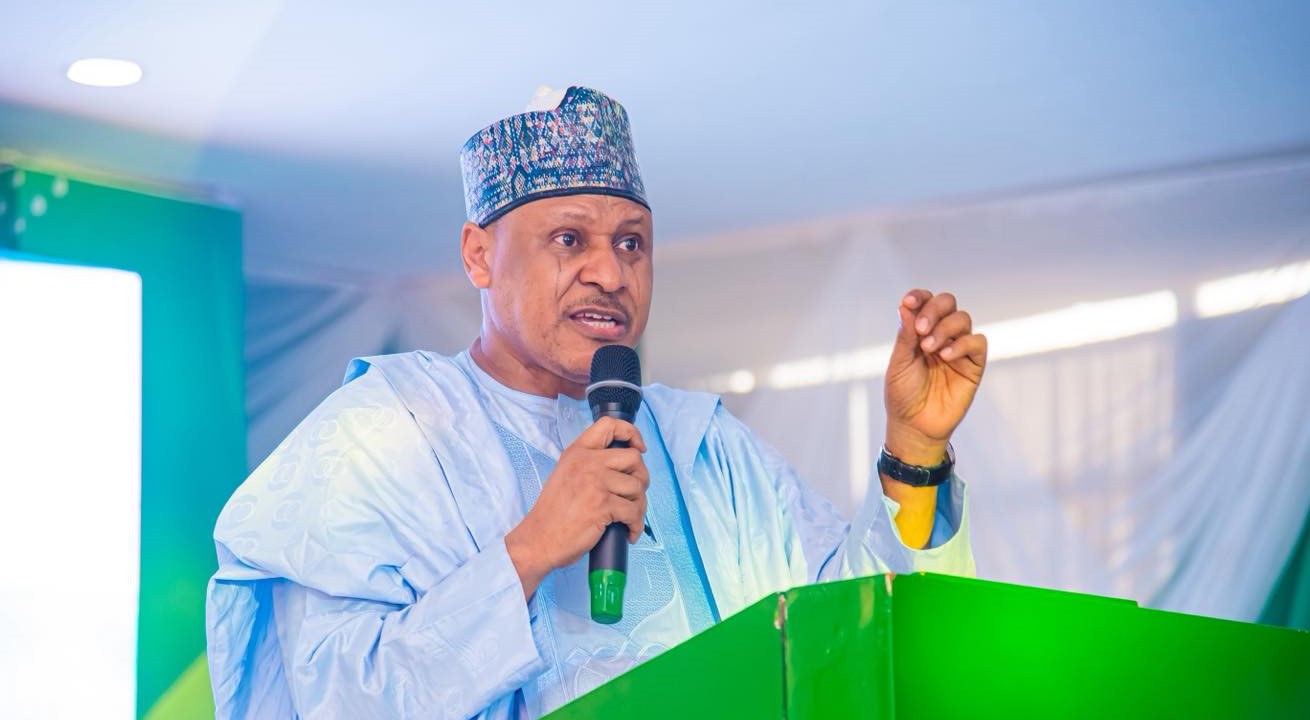
Comments
Be the first to comment on this post
Leave a Reply